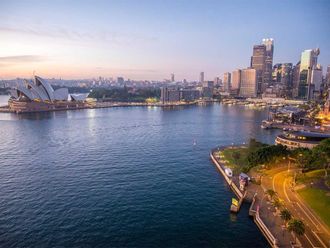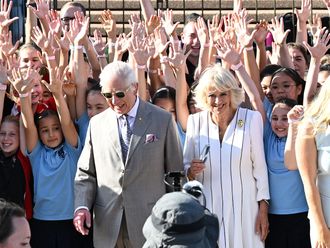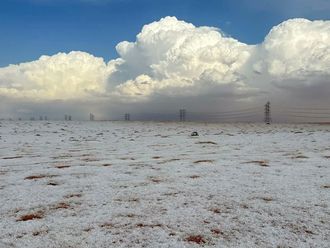Caracas: Venezuelan lawmakers on Monday imposed broadcast-type regulations on the internet, barring some types of online messages under measures that opponents say are a threat to freedom speech.
President Hugo Chavez's allies in the National Assembly approved the revised "Social Responsibility Law," which extends rules for broadcast media to the internet.
The law prohibits messages and images that "disrespect public authorities," "incite or promote hatred" or crimes, or could create "anxiety in the citizenry or alter public order."
It also says electronic media must establish procedures to "allow the restricting, without delay" of content deemed objectionable. Violators may be punished with fines, though questions remain about how enforcement will be carried out.
Later on Monday, the body gave final approval to a revised telecommunications law that declares radio and television airwaves to be "of public service and interest" and expands the executive branch's power to control the sector.
Broadcast licences
The measure changes the duration of broadcast licences from 20 to 15 years and gives the government the power to yank the license of any broadcaster that is found to have violated the law on more than one occasion.
That could threaten the licence of the country's last stridently anti-Chavez television channel, Globovision, which has at least six such cases pending against it.
Chavez opponents and press freedom groups have strongly criticised the laws, saying they are more in a line of legal changes that they fear could be used to clamp down on freedoms.
Chavez defended the internet law on Sunday, saying it is intended to help protect citizens against online crimes.
"We aren't eliminating the internet here... nor censoring the internet," Chavez said. "What we're doing is protecting ourselves against crimes, cybercrimes."
As examples, Chavez mentioned messages promoting drug use, prostitution and other crimes, and said his government has an obligation to take a stand.
Pro-Chavez lawmaker Mario Isea said the internet law — which will take effect once published in the Official Gazette — will not restrict the use of the internet. But opposition lawmaker Pastora Medina argued it is intended to "restrict, censor" and also promote self-censorship.
The Venezuelan Electronic Commerce Chamber condemned the measures in a recent statement, saying they aim to clear the way for "censorship and blocking of websites."
The regulations are broad and will therefore be complicated to apply, said Frank De Prada, editor of the Venezuelan news website Noticias 24. He said the new law "not only limits citizens' freedom of expression but also their right to information."
He said Noticias 24 has already started manually reviewing postings by readers instead of using an automatic filter, in order to keep a closer watch on content submitted by others.
De Prada said he also disagrees with one provision of the law that allow for authorities to punish owners or administrators of websites for messages posted by users.












